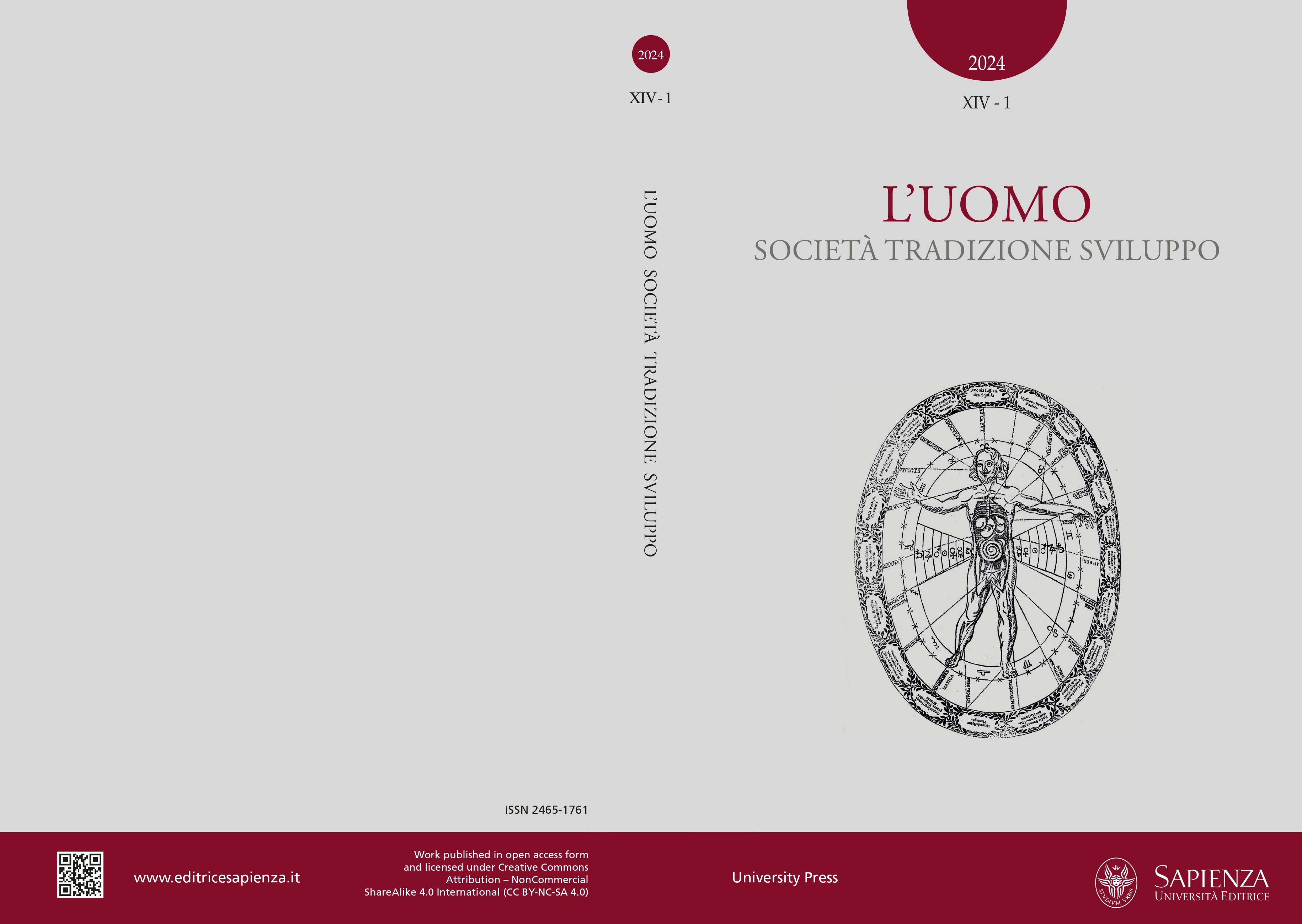Moralities Colliding in Crisis: the Moral Orientations of Organisational Habitus in a Community Development Programme
Keywords:
civil society, ccommunity development, organisational habitus, embodied morality, everyday ethicsAbstract
This paper is based on multi-sited ethnographic investigation into a community development initiative called Big Local. Residents in marginalised areas of England were invited to form community groups to take control of the funding awarded to their neighbourhood, and to make decisions about how that funding should be spent. This paper shows that group members brought with them different «organisational habitus» (Shoshan 2018): developed dispositions about how to organise that had been acquired through previous involvement in collective organising. Rather than focus solely on the practices of collective organising, however, I propose that these organisational habitus were anchored by two different «moral orientations»: one steeped in a sense of responsibility to include, the other to govern resources effectively. My objective is to show that the practices of organisational habitus cannot be isolated from the moral orientations that anchor them. In doing so, the paper shows that morality is not only fundamental to individuals’ motivations for engaging in collective action; why they get involved and what they hope to achieve, but also to the very practice of organising. The analysis illustrates the entanglement of sense and practice, showing how one’s motivation to participate shapes how one goes about doing so. This is both theoretically significant, in illustrating that practices of organising are not merely technical but morally imbued, while also having practical implications, by generating understanding of potential sources of tension, cohesion or longevity in groups. This suggests that those leading and facilitating civil society organisations would do well to facilitate conversations about how community groups choose to work, the way they do, and why. Doing so could help unearth members’ positions about the change they want to bring about, overcoming tensions in groups, and cultivating an empowered civil society consciously working towards its imagined «ideal society» (Lichterman & Eliasoph 2014).


